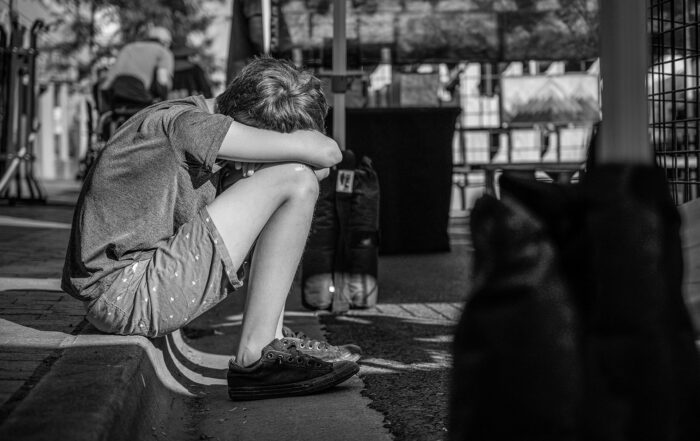
By Erin Blakemore, NPR
When public health officials get wind of an outbreak of Hepatitis A or influenza, they spring into action with public awareness campaigns, monitoring and outreach. But should they be acting with equal urgency when it comes to childhood trauma?
A new study published in the Journal of the American Medical Association suggests the answer should be yes. It shows how the effects of childhood trauma persist and are linked to mental illness and addiction in adulthood. And, researchers say, it suggests that it might be more effective to approach trauma as a public health crisis than to limit treatment to individuals.
The study drew on the experiences of participants from the Great Smoky Mountains Study, which followed 1,420 children from mostly rural parts of western North Carolina, over a period of 22 years. They were interviewed annually during their childhood, then four additional times during adulthood.
Share This Post!
Child abuse and eating disorder symptoms: Shedding light on the contribution of identification with the aggressor
Source: ScienceDirect Childhood abuse has been increasingly recognized as a risk factor for eating disorder symptoms. Additionally, it has been demonstrated that childhood abuse may lead to identification with the aggressor, an automatic [...]
Can the positive buffer the negative? Testing the impact of protective childhood experiences on adjustment in adults following trauma exposure
Source: National Library of Medicine It is unclear if protective childhood experiences (PCEs), like emotional support and economic stability, exert influence on adulthood adjustment. Prior research suggests PCEs can promote childhood resilience through [...]
Complex Trauma Effects
Source: The National Child Traumatic Stress Network (NCTSN) Children whose families and homes do not provide consistent safety, comfort, and protection may develop ways of coping that allow them to survive and function [...]
Trauma-Informed Organizations
Source: The National Child Traumatic Stress Network (NCTSN) Part 2 provides a broad overview of how to create and implement an institutional framework for trauma-informed services in program delivery and staff development, policies [...]
Early childhood trauma and its long-term impact on cognitive and emotional development
Source: National Library of Medicine Childhood trauma has profound, long-term effects on cognitive and emotional development. This systematic review and meta-analysis sought to synthesis the evidence around the long-term impact of [...]
Helping children who have or are experiencing trauma this holiday season
For many, the holiday season is a joyful one – the popular song “Have a Holly, Jolly Christmas” comes to mind – but for children who have or are experiencing trauma, Christmas, [...]







